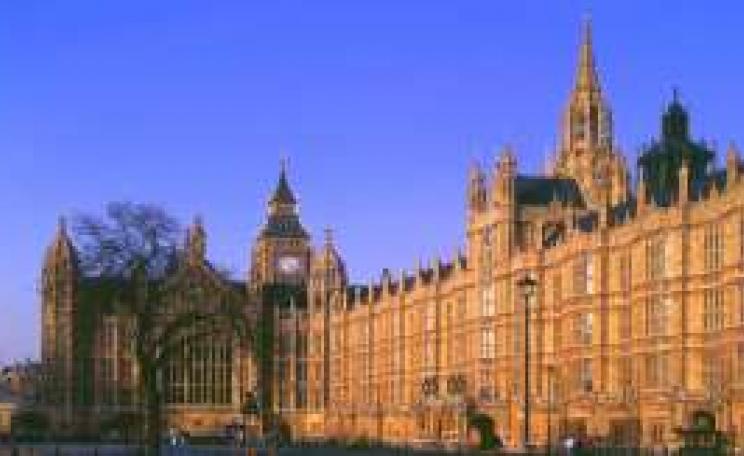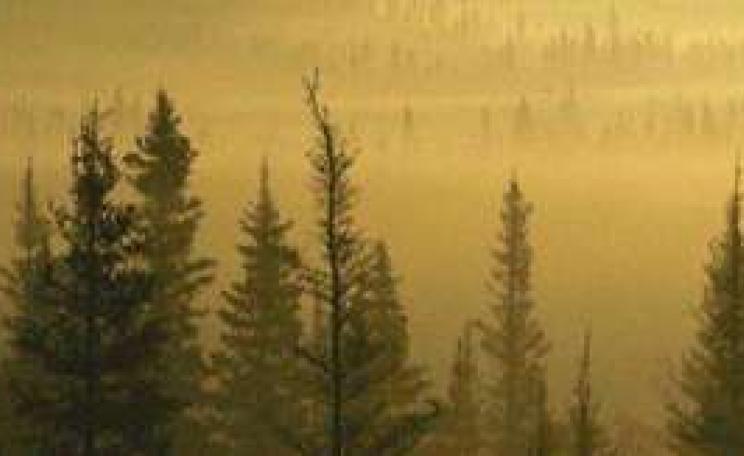According to the U.N. deforestation contributes about 20% of man-made global carbon emissions. This amounts to over two billion tonnes a year, more, says Marcel Silvius, Senior Programme Manager of Wetlands International NGO, than the annual greenhouse gas emissions of Japan or Germany.
In his report published last year, Sir Nicholas Stern predicted emissions from deforestation could reach 40 billion tonnes of CO2 between 2008-2012 if not stopped.
The U.N. propose compensating government, the private sector and forest owners for protecting forests, and giving economic investments to counter economic drivers of deforestation, such as palm oil expansion, industrial tree plantations and conversion to agriculture.
The RED schemes would, under the current draft proposals, be run via national carbon accounting and verification, rather than being project-based. Remote sensing technology and "ground truthing" checks would verify reductions and monitor their "additionality" (a net reduction) and "leakage" (man-made damage to forest carbon stores).
However, as the Ecologist has previously reported, the current carbon trading system has been severely criticised and repeatedly accused of paying not penalising polluters. Many worry that the RED scheme will be no better.
The RED schemes are vague about who would be compensated. They could create incentives for governments and business to displace millions of forest peoples to capture carbon funds, further disenfranchising communities by increasing state control of forests at the expense of collective customary land rights.
The report will be presented at a climate change meeting in Bali, Indonesia, in December 2007.
This article first appeared in the Ecologist July 2007




